Did Jesus’ teachings shape the apostolic missions? A theological exploration
The question of whether the theological constructs attributed to Jesus were primarily perceived as a message about the imminent end of the world — and whether this perception shaped the apostolic missions — invites a closer look at the early Christian movement. In this post, we examine the historical and theological context of these attributed teachings, the role of apocalypticism in early Christianity, and the adaptability of the Gospel message over time.

The Last Judgment, Viktor Vasnetsov, 1904. Christians developed their own, complex eschatological beliefs, including the Last Judgment, the resurrection of the dead, and the establishment of God’s kingdom on earth – built upon the foundation of Jewish apocalyptic expectations. Source: Wikimedia Commonsꜛ (license: public domain)
Were the teachings attributed to Jesus apocalyptic?
The teachings commonly ascribed to Jesus have long been debated in theological and historical circles. Central to this debate is whether these teachings primarily reflected an apocalyptic worldview or if they embodied a broader, more enduring spiritual and ethical vision. Exploring the context of first-century Judaism and the subsequent develop
Apocalyptic context of 1st-century Judaism
The theological constructs ascribed to Jesus arose in a time when apocalyptic expectations were widespread within Jewish society. Many Jews anticipated divine intervention to liberate them from Roman rule, restore Israel, and usher in God’s kingdom of justice and peace.
The theological narratives positioned Jesus as a herald of the “kingdom of God”, often depicted as an imminent reality (Mark 1:15). These narratives included symbolic imagery such as the destruction of the Temple (Mark 13:1–2) and the “coming of the Son of Man” (Matthew 24:30).
Dual nature of the message
The attributed teachings blended an apocalyptic worldview with ethical and spiritual transformation. This combination reflected both the immediate expectations of divine intervention and the enduring call for moral and personal change:
- Immediate transformation: A call to personal and societal change through love, humility, and justice, emphasizing the necessity of living in alignment with divine principles.
- Future hope: A vision of divine intervention and ultimate renewal, promising a future where justice and peace prevail through God’s direct action.
These teachings, while rooted in apocalyptic urgency, also offered a broader theological framework. They encouraged followers to embrace values that transcended their historical moment, providing a foundation for living a meaningful and compassionate life that could endure beyond the initial eschatological focus.
The apostolic missions: A narrow or broad focus?
Initial emphasis on imminent eschatology
After the formulation of Jesus’ theological persona, early Christians emphasized eschatological urgency, believing that divine intervention and the fulfillment of God’s kingdom were imminent. This perspective shaped the apostolic missions, driving an intense effort to spread the message of salvation. Paul’s letters reflect this urgency, particularly in passages that anticipate the immediate return of Christ, such as 1 Thessalonians 4:16–17:
“For the Lord himself will come down from heaven… and so we will be with the Lord forever.”
This belief instilled a sense of purpose and an unyielding commitment among early Christians to share their faith, even in the face of persecution. The urgency of their mission highlighted the transformative nature of their message, which promised both spiritual renewal and an eternal future.
Adaptation for a broader audience
As the apostles began preaching to Gentile audiences, particularly in Roman provinces, they faced the challenge of presenting their message in a way that resonated across diverse cultural and religious landscapes. Recognizing the limitations of strictly adhering to Jewish apocalyptic expectations, they adapted these theological constructs to emphasize inclusion and universal salvation.
Paul, in particular, framed Christianity as a faith accessible to all, irrespective of cultural or ethnic background. By declaring that faith in Christ was sufficient for salvation and advocating the removal of barriers such as circumcision and dietary laws (Galatians 2:16–21), Paul redefined the faith as a universal spiritual path rather than a sectarian movement within Judaism. This adaptation not only aligned with the socio-political realities of the Roman provinces but also opened the door for Christianity to evolve into a global religion.
How did Christianity survive the delayed apocalypse?
The delay of the anticipated apocalypse posed a significant theological and existential challenge for early Christians. Yet, rather than diminishing the faith, this delay became a catalyst for the evolution and adaptation of Christian theology. By reinterpreting key doctrines and focusing on broader ethical and spiritual principles, early Christianity managed to endure and thrive across centuries and cultures.
Centrality of the resurrection myth
The resurrection became a cornerstone of Christian theology, serving as a powerful affirmation of the Gospel and a pivotal point in redefining Christian eschatological expectations. Initially perceived as the harbinger of an imminent divine kingdom, the resurrection came to symbolize not only the hope for a future renewal but also the promise of personal transformation and spiritual victory over death. This event inspired a profound shift in focus, from an urgent anticipation of the end times to a broader theological emphasis on eternal life, divine renewal, and the enduring presence of Christ’s teachings in the lives of believers.
Theological adaptability
As immediate apocalyptic expectations waned, early Christians faced the need to redefine their theology to ensure its relevance in a changing world. Instead of focusing solely on the imminent arrival of God’s kingdom, they began to emphasize the timeless ethical and spiritual teachings attributed to Jesus. These teachings, grounded in principles of love, justice, humility, and compassion, were framed as universal values capable of transcending cultural and temporal boundaries.
The Gospel’s ethical framework provided a foundation for moral conduct and communal harmony, resonating deeply with diverse audiences across different cultures and regions. By shifting the focus from apocalyptic urgency to enduring moral principles, early Christian leaders fostered a message that could unite people beyond their immediate historical context. This adaptability was crucial for the survival and expansion of Christianity, allowing it to evolve from a sectarian movement into a global faith that spoke to the universal human condition.
Conclusion
While the initial eschatological focus of early Christianity was narrow and heavily influenced by Jewish apocalyptic traditions, the adaptability of its theological constructs proved essential for its survival and growth. By transcending its Jewish roots, early Christian leaders were able to reframe their message to resonate with broader cultural and philosophical contexts across the Greco-Roman world. This adaptability enabled Christianity to evolve from a movement rooted in eschatological urgency into a global faith with universal ethical and spiritual principles. The enduring appeal of values such as love, justice, humility, and compassion ensured that these teachings not only survived but also became a cornerstone of Western civilization and religious thought for centuries to come.
References and further reading
- Bart D. Ehrman, Jesus – Apocalyptic prophet of the new millennium, 1999, Oxford University Press on Demand, ISBN: 9780195124736
- Richard Carrier, On the historicity of Jesus – Why we might have reason for doubt, 2014, Sheffield Phoenix Press, ISBN: 9781909697492
- Richar Carrier, Jesus from outer space: What the earliest Christians really believed about Christ, 2020, Pitchstone Publishing, ISBN: 978-1634311946
- Bart D. Ehrman, Did Jesus Exist?, 2013, HarperOne, ISBN: 9780062206442
- Bart D. Ehrman, How Jesus became God – The exaltation of a Jewish preacher from Galilee, 2014, Harper Collins, ISBN: 9780062252197
- Crossan, John Dominic. The Birth of Christianity: Discovering What Happened in the Years Immediately After the Execution of Jesus. 1999, HarperOne, ISBN: 978-0060616601
- Wright, N. T. The Resurrection of the Son of God. 2003, Fortress Press, ISBN: 978-0800626792
- Vermes, Geza. The Resurrection: History and Myth. 2008, Penguin Books, ISBN: 978-0141030050
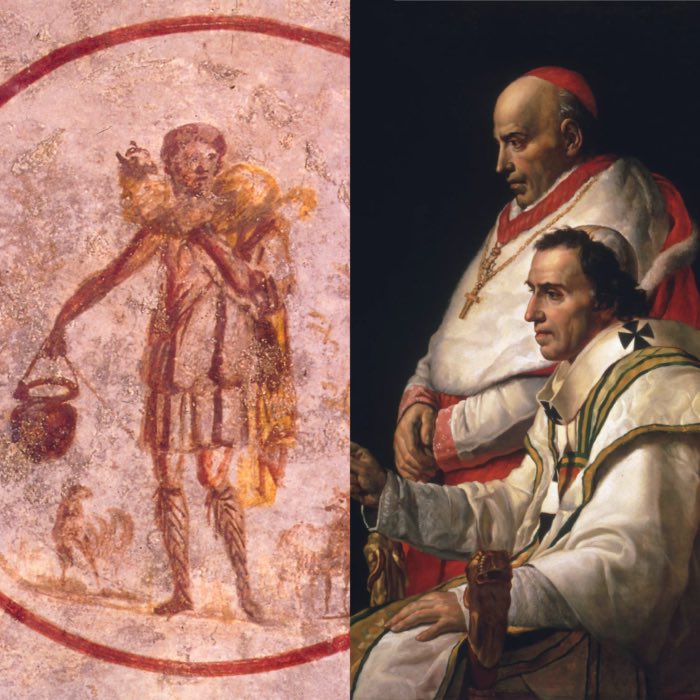
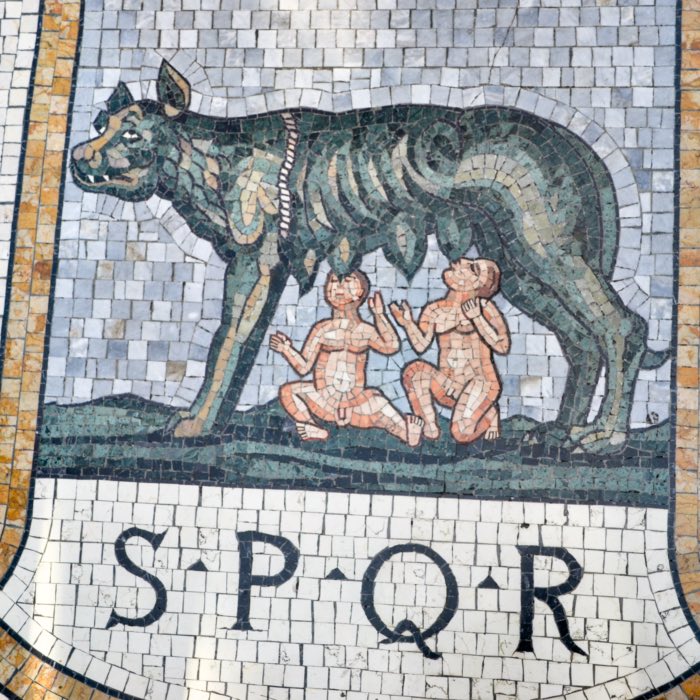
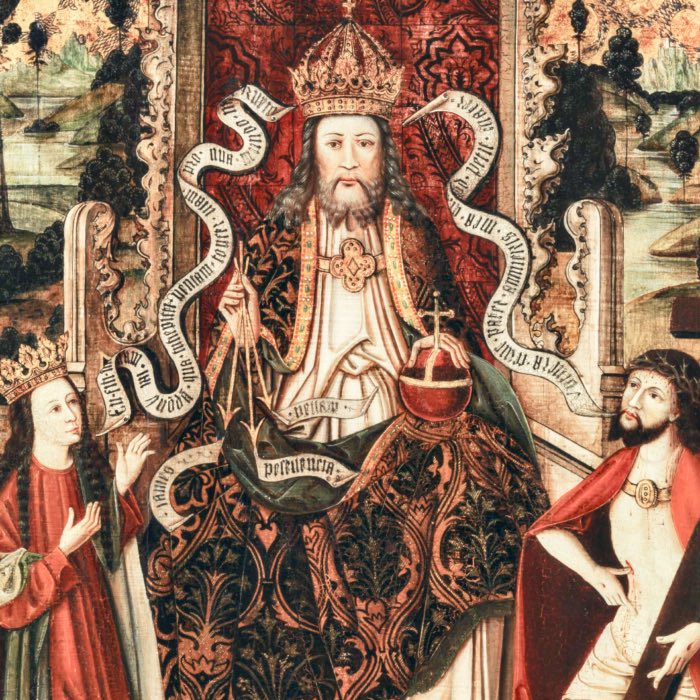


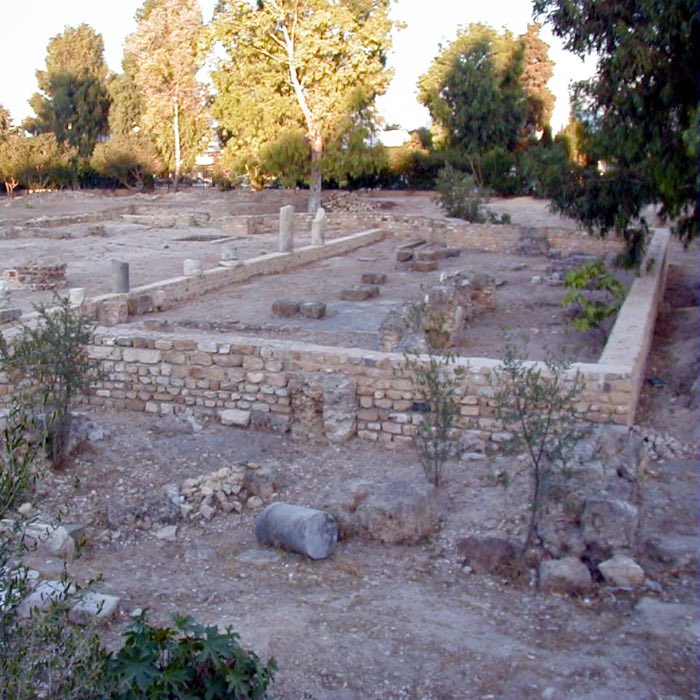
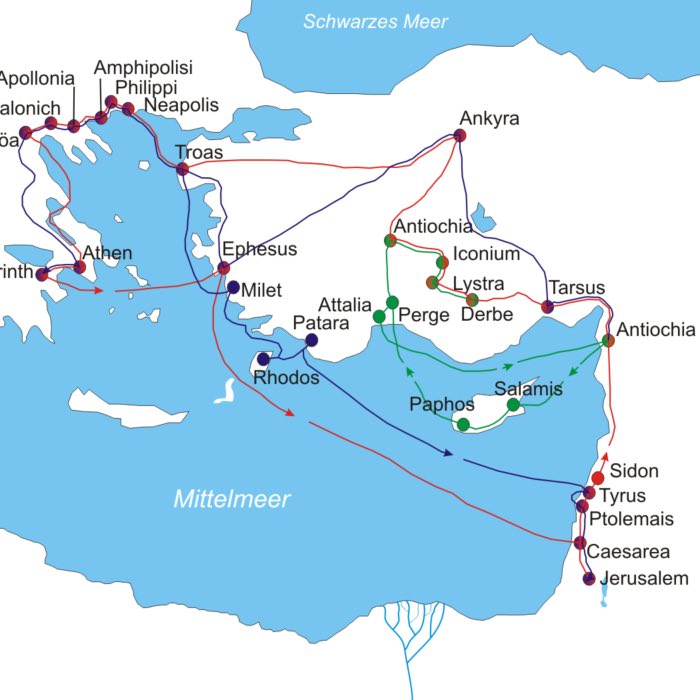

















comments